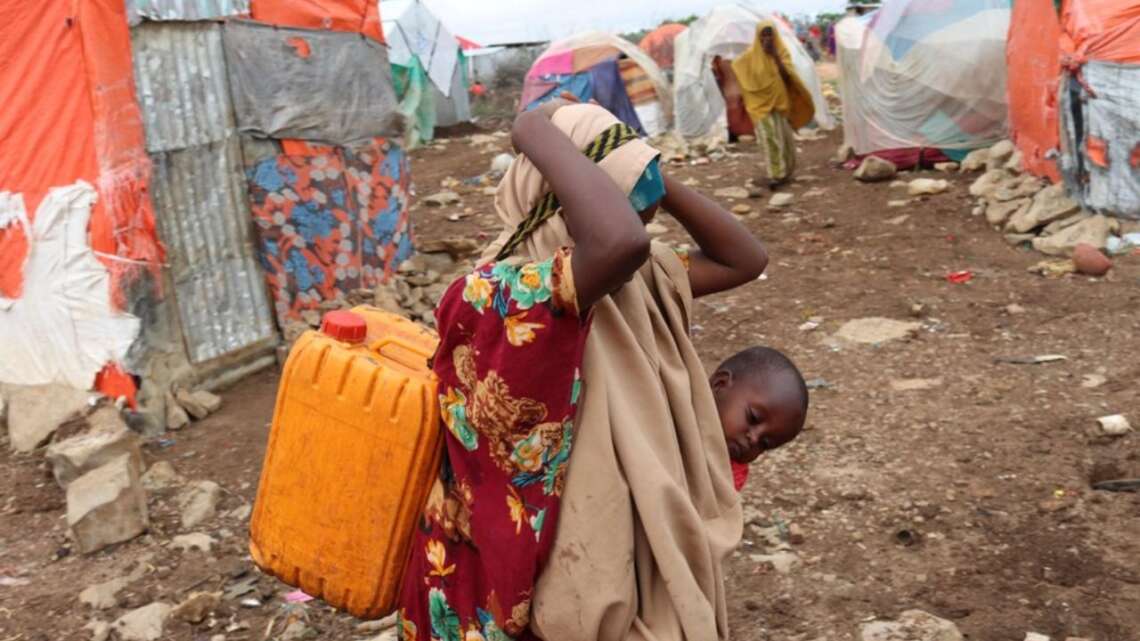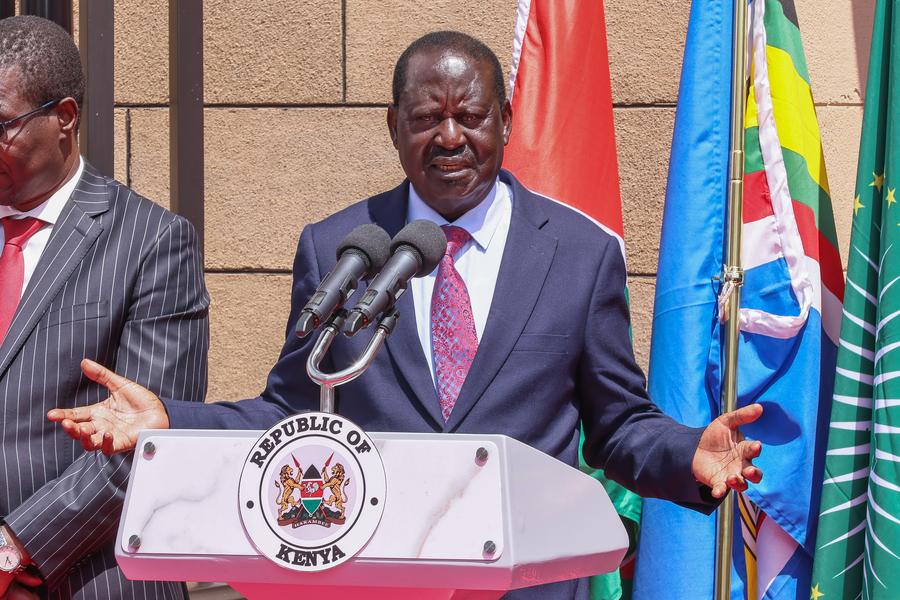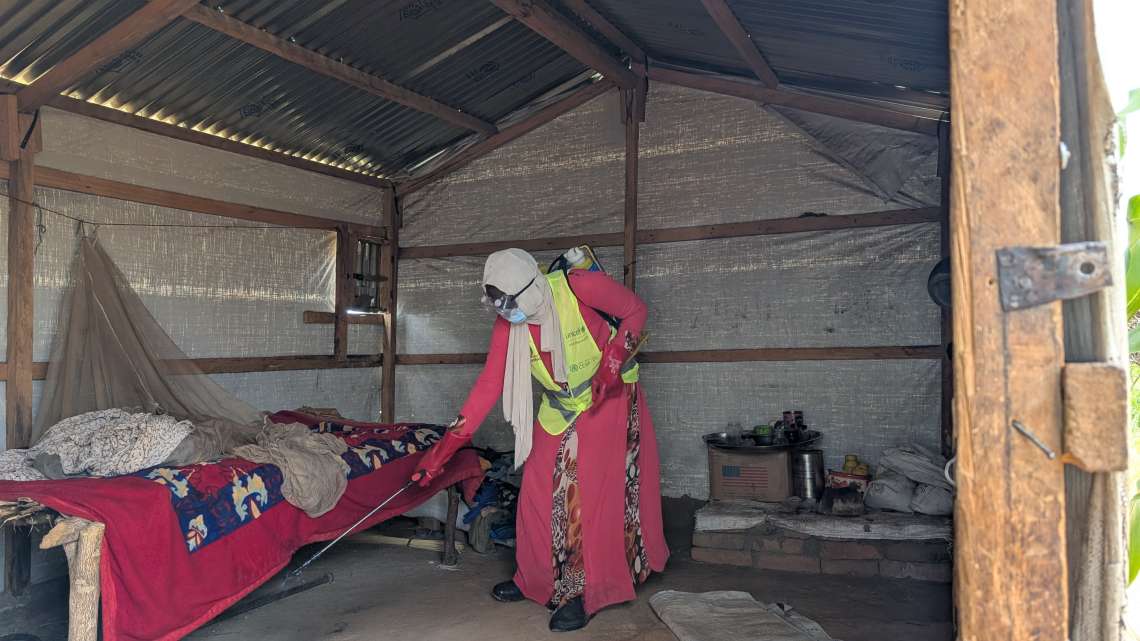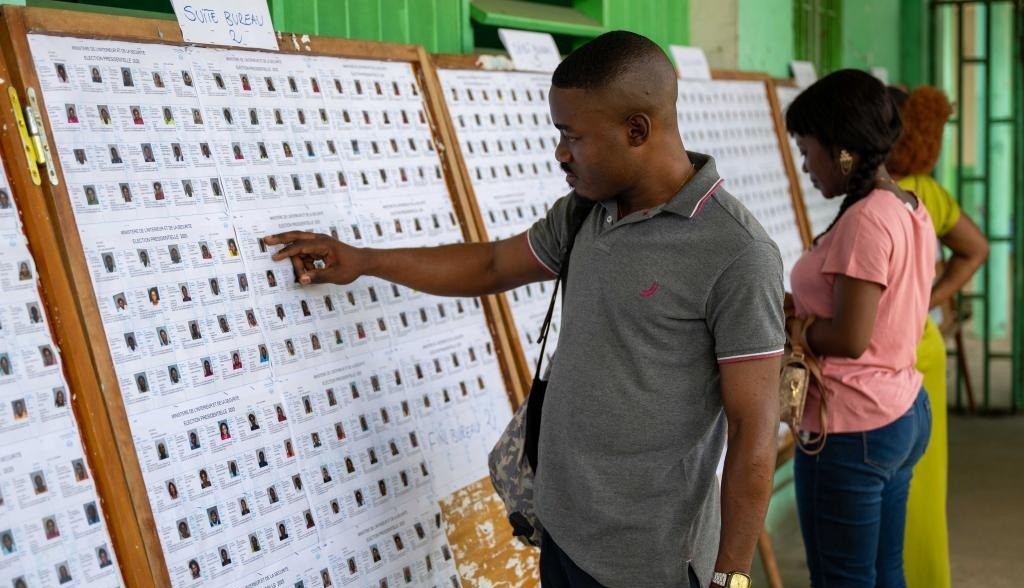The African Union Support and Stabilization Mission in Somalia, or AUSSOM, is tasked with combating the Al-Shabab group, whose attacks are stoking fears of a terrorist resurgence in the Horn of Africa nation
he African peacekeeping mission in Somalia requires an additional 8,000 troops, even as Burundi is expected to withdraw its contingent, a statement from military heads from troop-contributing countries said.
The African Union Support and Stabilization Mission in Somalia, or AUSSOM, is tasked with combating the Al-Shabab group, whose attacks are stoking fears of a terrorist resurgence in the Horn of Africa nation.
But Burundi’s planned pullout, which diplomatic sources said was triggered by a spat with Mogadishu over the state of its soldiers’ equipment, would deprive the mission of around one-fifth of its current manpower.
Envoys from Djibouti, Ethiopia, Egypt, Kenya, Uganda, Somalia, the African Union, and multilateral organizations held a three-day meeting in Uganda this week to discuss the security situation in Somalia and the progress of AUSSOM.
In a statement, the officials said insufficient troops had created security gaps “resulting in the resurgence of Al-Shabab taking control of significant territory in both Middle and Lower Shabelle.”
“As a consequence, both Jowhar and Mogadishu are under imminent threat by Al-Shabab,” the statement said. Somalia has long struggled with the violent Islamist insurgency. However, the Al-Qaeda-linked group had been forced onto the defensive in 2022 and 2023 by Somali forces backed by African Union-led peacekeepers.
Recent attacks in key towns have provoked worries of the organization’s resurgence, with the militants targeting President Hassan Sheikh Mohamud’s convoy in the capital, Mogadishu, in March. The security representatives recommended “an additional 8,000 to AUSSOM Troops to address the current security situation in Somalia so as not to roll back the hard-earned gains.” The mission, which replaced the previous ATMIS deployment, has 11,146 soldiers.
But the withdrawal of Burundi troops with no prospect of replacement “will create more gaps and exacerbate the already deteriorating situation,” the statement added. Somalia and Burundi have been at loggerheads over the number of troops Burundi should contribute to the mission, with Mogadishu requesting only around 1,000 Burundian soldiers — far below Burundi’s proposal of 2,000.
According to an African diplomat, Somalia “felt that Burundi was not sufficiently equipped for such a large number of soldiers.” “Our government saw the Somali proposal as a lack of consideration, a lack of respect when you consider the sacrifices Burundi has made to bring peace back to Somalia,” a senior Burundian official said. A statement by the AU dated April 15 instructed the UN office in Somalia to facilitate the repatriation of Burundi’s contingent.
The envoys also addressed the mission’s significant financial challenges, urging international partners to address the deficit of $96 million for ATMIS and $60 million to cover four months of AUSSOM — which has been in operation since January.
Al-Shabab militants have fought for more than 15 years to overthrow Somalia’s internationally backed government. To this day, the extremists launch deadly raids and bombings, including in Somalia’s seaside capital of Mogadishu, despite a new offensive by government troops as well as routine airstrikes by the United States.
Somali President Hassan Sheikh Mohamud told the meeting in Kampala that the government offensive against al-Shabab is “now at a critical juncture,” urging for continued international support. Ugandan President Yoweri Museveni encouraged Somalia to recruit volunteers among its citizens willing to fight al-Shabab.
“A small Somali national army, in terms of numbers, plus a small (AU) force from friends is a very dangerous underdose that has caused the chronic sickness of insecurity” Museveni said.
More than 10,000 African Union troops are currently deployed to Somalia, nearly half of them from Uganda. The AU troops were authorized by the United Nations Security Council and multiple versions of the peacekeeping mission have been deployed there since 2007.
The latest mission, which took over earlier this year and is known as the African Union Support and Stabilization Mission in Somalia, faces funding challenges and regional disagreements over which countries are authorized to deploy troops.
Somali authorities want Egyptian troops in the mission but not those from Ethiopia. However, relations between Ethiopia and Egypt have been strained in recent years over Ethiopia’s construction of a $4 billion dam on the Blue Nile, a key tributary of the Nile River. Egypt claims the project will likely diminish its share of the water from the Nile.














